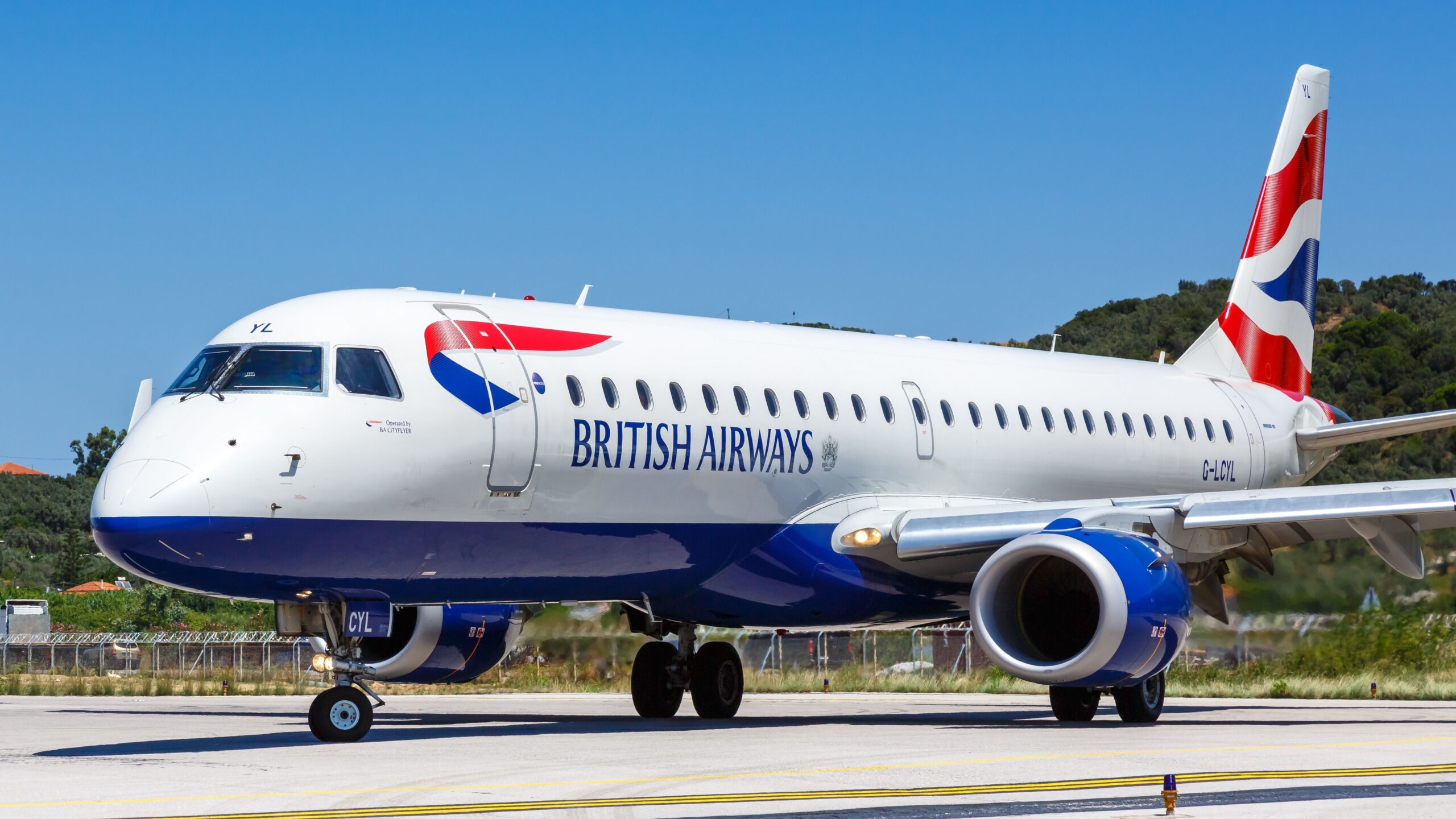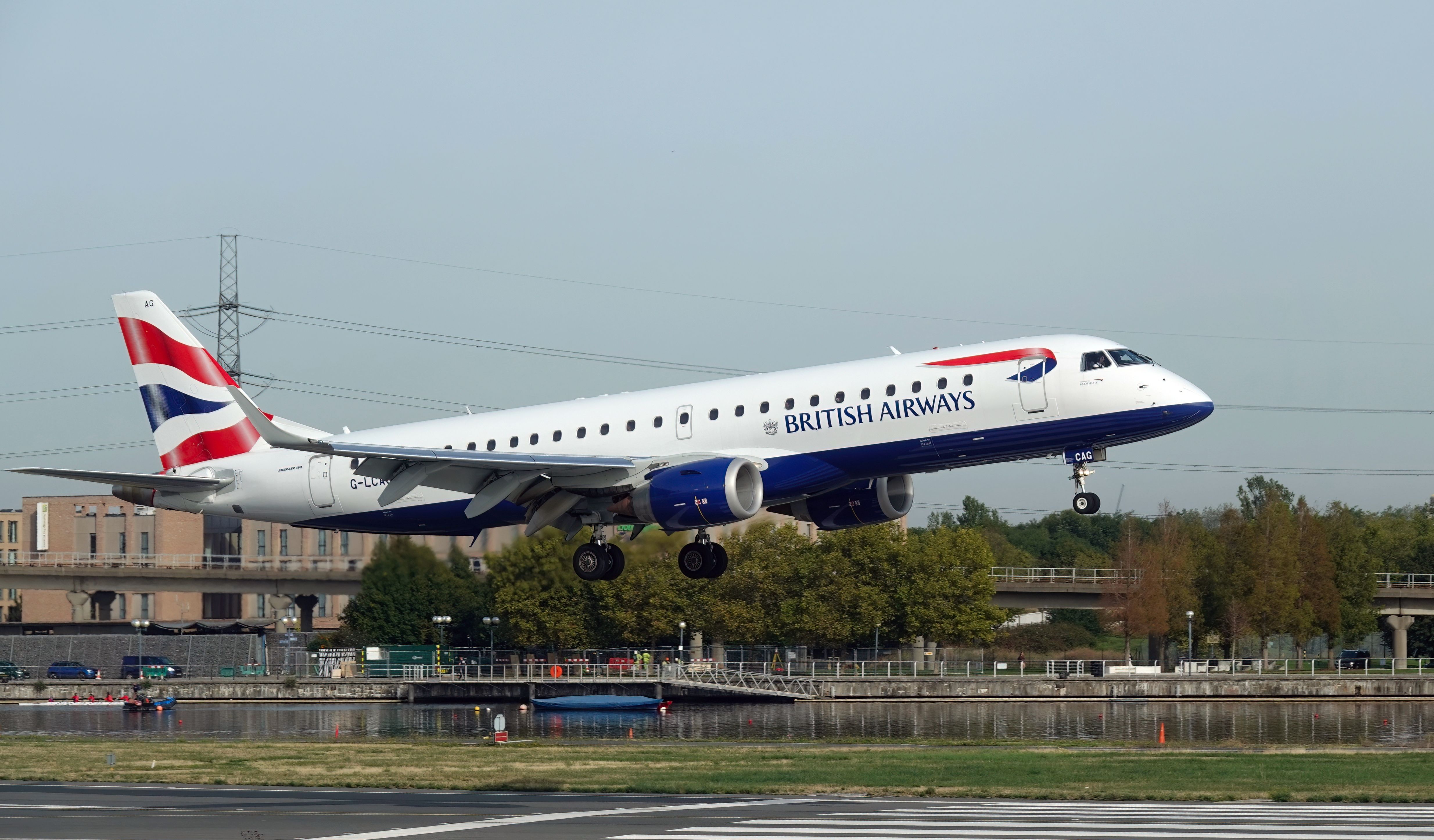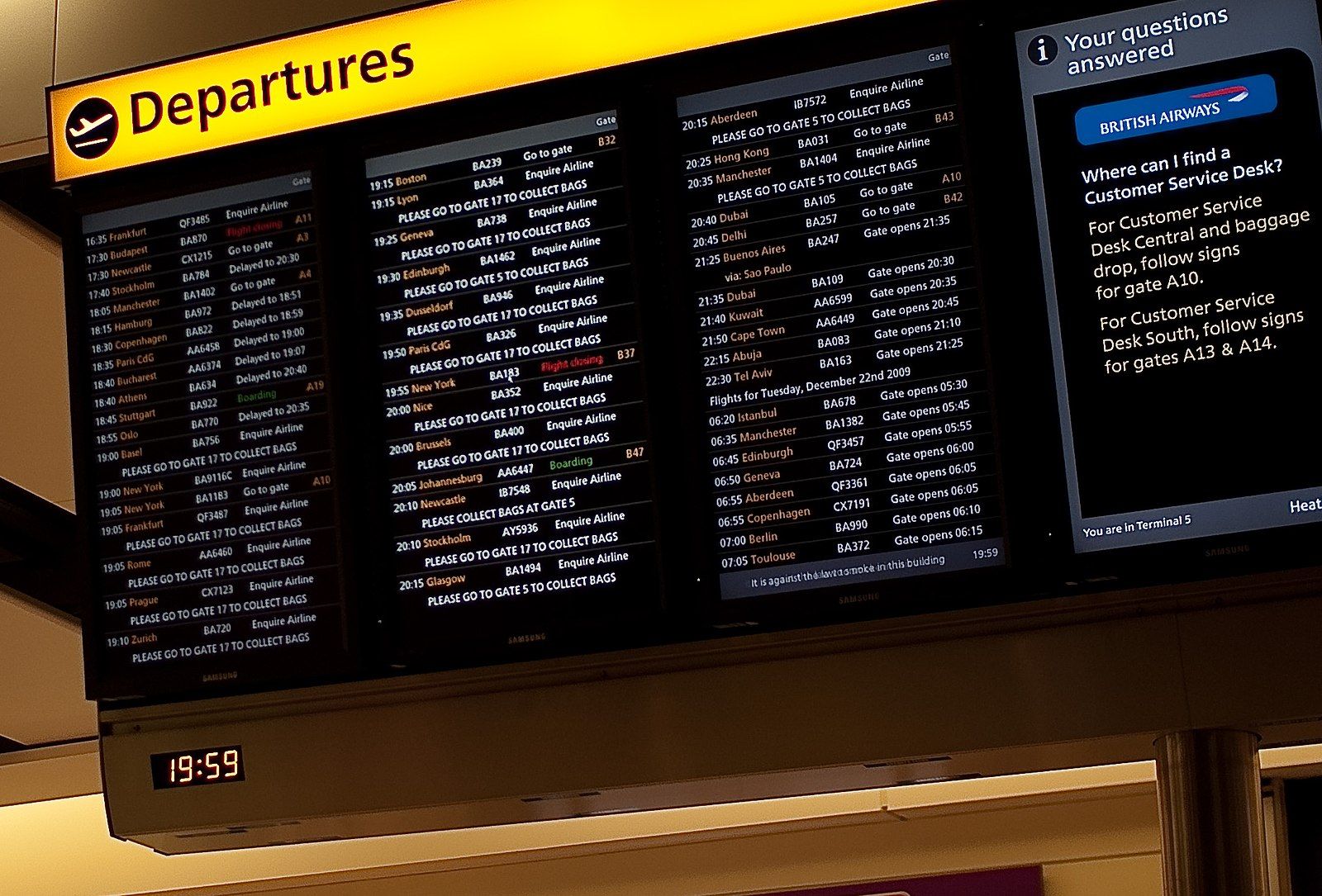Summary
- UK Supreme Court ruling ensures passengers now entitled to compensation for delays/cancellations due to staff sickness.
- The court rejected a British Airways appeal after it was sued by a couple delayed due to pilot sickness.
- Decision sets precedent for thousands of claims annually, impacting how airlines classify crew illness as “extraordinary circumstance.”
A ruling by the UK’s Supreme Court against flag carrier British Airways means passengers are now entitled to compensation if their flight is delayed or canceled due to airline staff sickness. The legal precedent will likely lead to tens of thousands of passengers receiving mandatory compensation each year in a win for passenger rights.
UK Supreme Court rejects BA compensation appeal
When British Airways passengers Kenneth and Linda Lipton were delayed by more than two hours during their BA CityFlyer flight from Milan to London back in January 2018, they believed they were entitled to around £220 ($285) in compensation as per EU261 regulations. However, they were informed by the airline that because a pilot had fallen ill and couldn’t show up to work, it constituted “extraordinary circumstances,” and two British courts initially backed the airline’s position.
Photo: Nigel J. Harris | Shutterstock
However, the UK Court of Appeals reversed the decision and ruled in favor of the Liptons, so British Airways took their appeal to the highest court in the land, The Supreme Court. On Wednesday, five justices of The Supreme Court unanimously dismissed the appeal in a ruling that could impact thousands of yearly compensation claims. The crux of the case was whether crew illness would count as extraordinary circumstances – in their judgment, Lord Sales and Lady Rose said,
“If, for whatever reason, [staff] are unable to attend for work as a result of something going awry during rest periods, whether it is their fault or not, that failure to attend is not an extraordinary circumstance.”
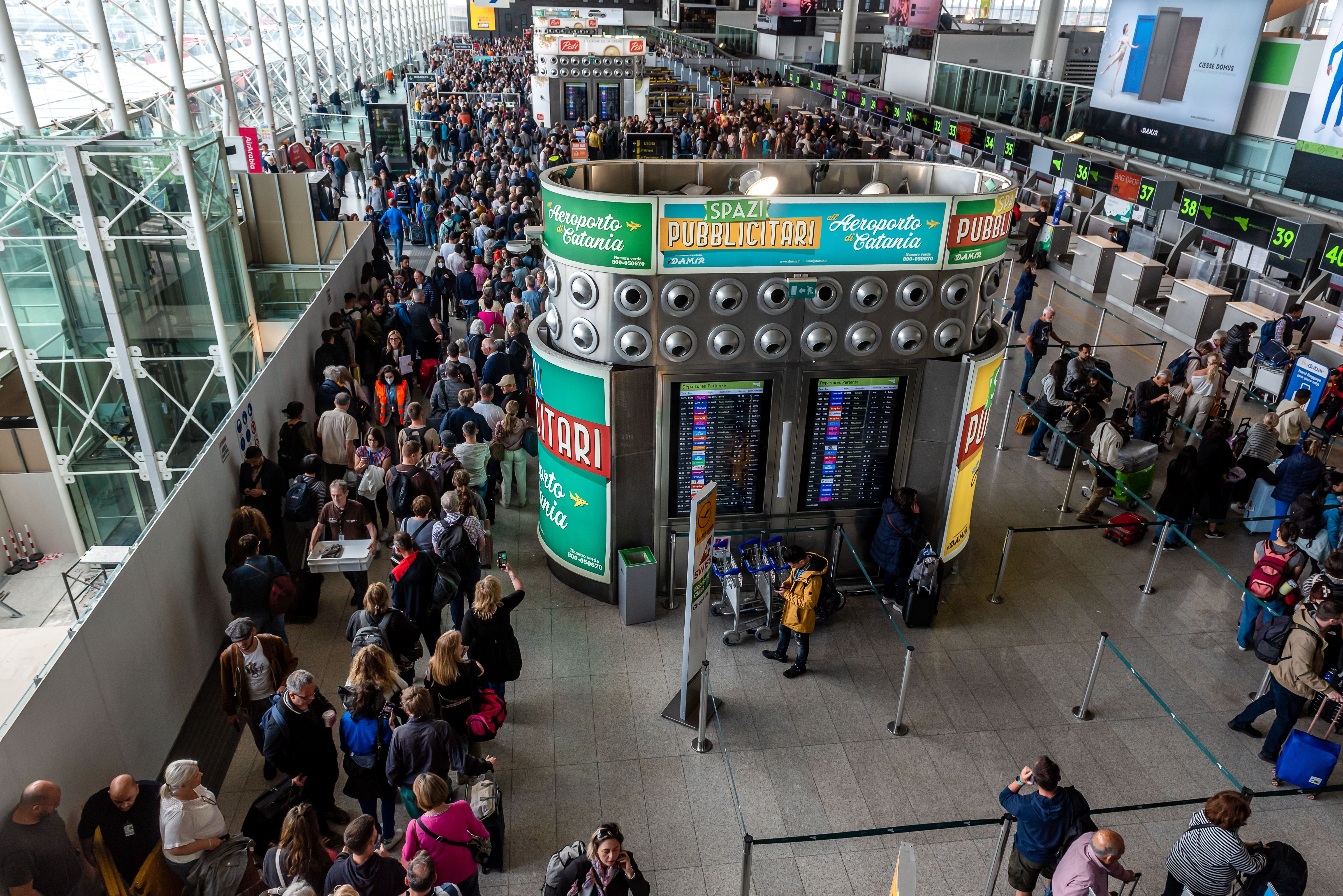
Related
EU261 – How Does Europe’s Flight Compensation Scheme Work?
The Air Passengers Rights Regulation 2004 safeguards consumer rights after delays and cancelations.
The ruling went on to state that the term extraordinary circumstance “must be given its usual meaning, which denotes something out of the ordinary,” adding that employee sickness is “commonplace for any business.” One of the justices, Lord Green, added that “the risk of non-attendance of workers is an inherent risk which any airline needs to cater for.”
Law firm Irwin Mitchell, representing the Liptons, said in a statement that the decision was “a victory for people who are prepared to fight for common sense and justice against corporate behemoths who have access to every resource.” Meanwhile, a spokesperson for BA said,
“We are disappointed with this decision and respect the judgment of the court.”
Thousands could now make claims
The ruling will now set a legal precedent that could open up a wave of claims by passengers who have seen similar claims rejected within the past six years. According to The Supreme Court ruling, the decision “has the potential to affect tens of thousands of claims which are made annually.”
Improvements are being made to the refund system across the pond in the US, with the Biden Administration introducing several key changes in favor of passengers. Hopefully, this will prevent incidents like the one in the article below, where a passenger, forced to shell out £4,500 ($5,800) after Wizz Air canceled his flight at the last minute, sent bailiffs to the airport to try and get his money back.
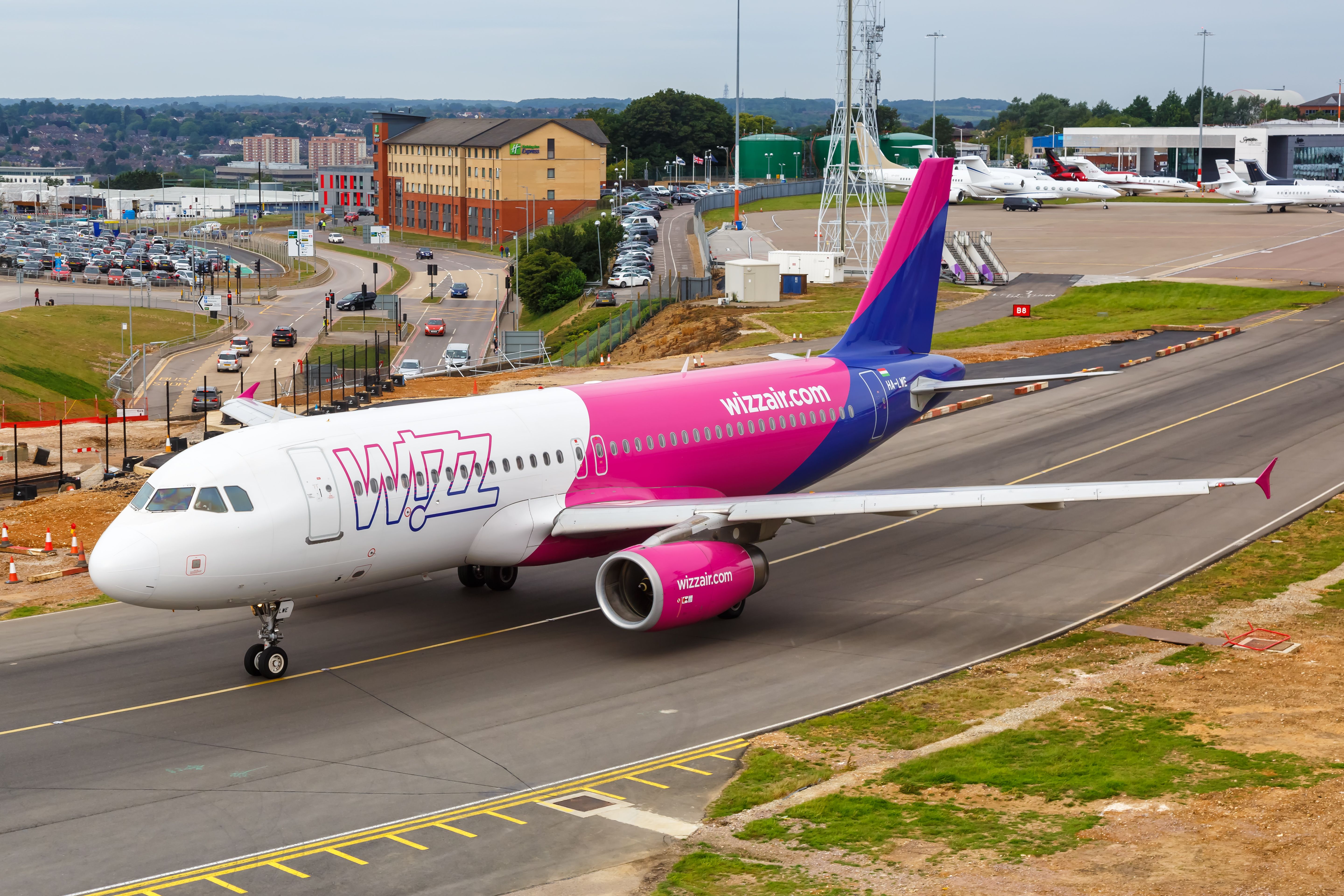
Related
Passenger Sends Bailiffs To Luton Airport Over Wizz Air Refund
The airline eventually paid up after seven months.
What do you think of this legal decision? Let us know in the comments section.
